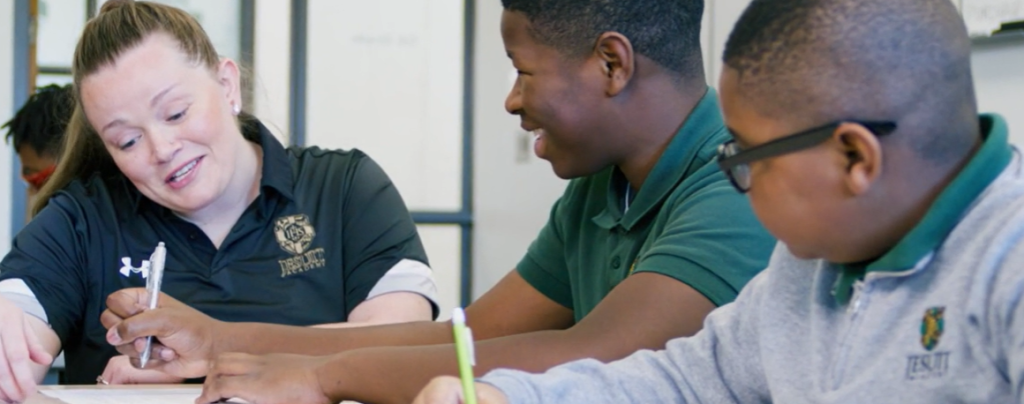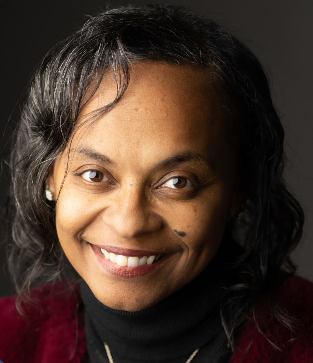
Editor’s note: This first-person essay from Nebraska mother LeDonna Griffin was adapted from the American Federation for Children’s Voices for Choice website.

As a public school educator and administrator for more than a quarter of a century, I was aware that our public school system in Omaha, Nebraksa, would not be academically stimulating for my son, Darryl York III. From the time Darryl was 2 years old, he was a strong reader and a deep thinker. I knew he was capable of more than what would be offered to him in a traditional setting.
I enrolled Darryl in a private Montessori school, which he attended for two hours a day, but when he was ready for kindergarten, I had no choice as a single mom but to enroll him in our local public school. As I did with my other children, I chose a school outside of our zone because our neighborhood schools have historically been low-ranking academically.
Although his school prided itself on its academic program, the lack of challenge and rigor were evident. I asked the school several times to test Darryl for its gifted program. The staff was happy I was advocating for my son, complied with my wishes, and we learned that Darryl was indeed gifted in “math reasonableness.”
But despite Darryl’s obvious talent, the school told me it would not be servicing him. Their reason? “We have other smart children here as well.”
I knew I needed to find an alternative. I thought about homeschooling Darryl but decided that wouldn’t be feasible. Then I found Jesuit Academy, an all-male school with a 100% African American student body in the heart of North Omaha.
One of 18 Jesuit Nativity schools in the United States, one of its guiding principles is providing a faith-based education that breaks the cycle of poverty in underserved communities. It features an extended school day, extended school year, and a tailored school and class enrollment size.
At the time Darryl began attending Jesuit, the school had a new robotics club. One of his teachers noticed his capabilities in this area and fed into that strength. The program built his self-esteem and allowed him to shine.
After eighth-grade graduation from Jesuit, Darryl attended Creighton Prep on an academic scholarship. He now attends Carleton College on a nearly full-ride academic scholarship, where he is studying computer science – a decision I believe was nurtured when he participated in the robotics club at Jesuit.
Had I not made the decisions I made regarding Darryl’s early education, I don’t believe he would be where he is today. But I realize not all families are as fortunate as mine. Our neighborhood public school continues to miss the mark academically, yet many students have no choice but to attend, either due to transportation or financial challenges.
I believe it is our collective responsibility to advocate for education choice, regardless of our role as parent, teacher or student. We must do whatever we can to support education choice legislation in Nebraska and across the county to ensure that our children have options beyond what is closest at hand – particularly when those options are not the best fit for a particular child.
Every child deserves the options my son enjoyed, regardless of income or ZIP code.


